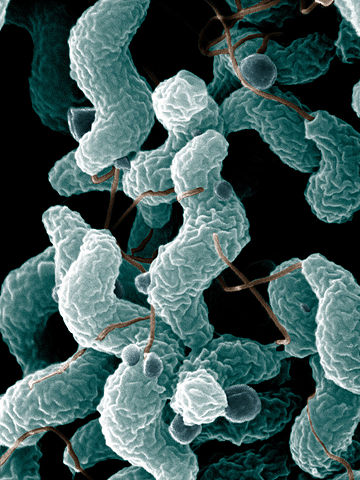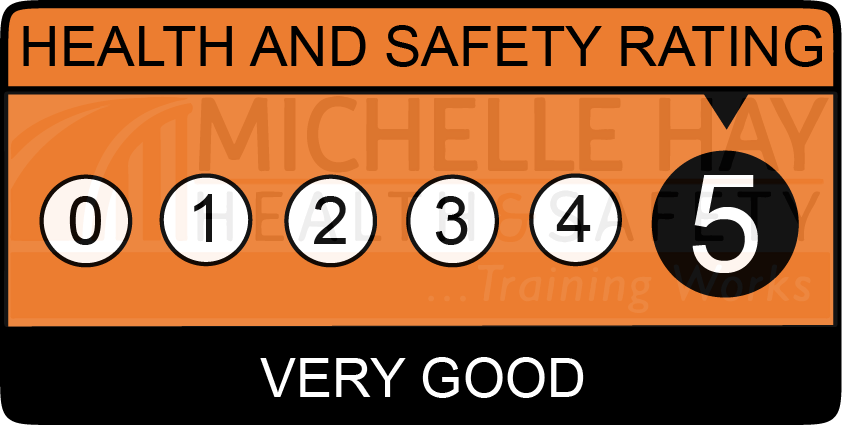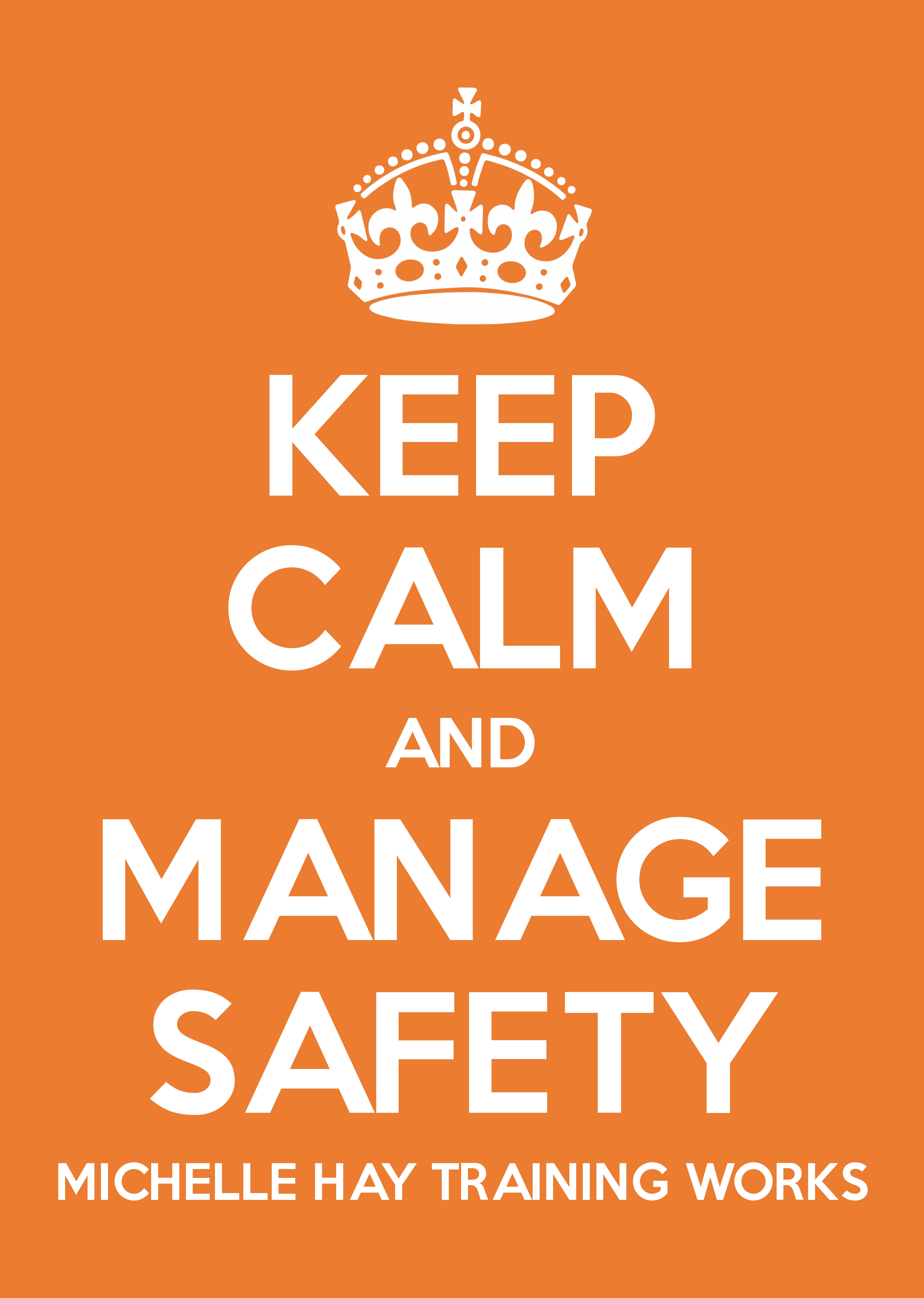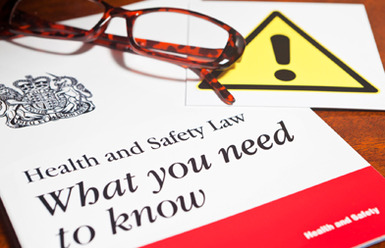Supermarket fresh chickens are contaminated
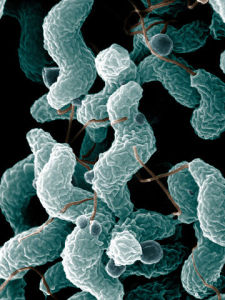 In the UK, more than 70% of supermarket fresh chickens are contaminated with Campylobactor. A Food Standards Agency (FSA) investigation found worryingly high levels of contamination with the campylobacter bug, which can cause food poisoning, on chickens being sold across the country.
In the UK, more than 70% of supermarket fresh chickens are contaminated with Campylobactor. A Food Standards Agency (FSA) investigation found worryingly high levels of contamination with the campylobacter bug, which can cause food poisoning, on chickens being sold across the country.
Campylobacter is a type of bacteria thought to be the leading cause of food poisoning in the UK. Eating food contaminated with campylobacter can trigger symptoms such as nausea, vomiting, diarrhoea and stomach cramps.
The European Food Standard Authority (EFSA) has reported that up to 80% of campylobacter cases are due to raw poultry. It has estimated that the number of cases could be cut by between 50% and 90% if the levels of campylobacter in poultry across Europe was reduced to a tenth of the current levels.
There are health risks associated with chicken containing campylobacter. Eating food contaminated with this bacteria – such as raw and undercooked poultry, undercooked chicken liver pate and unpasteurised milk – can cause food poisoning. The symptoms usually start within two to five days, but can take up to 10 days to begin.
Campylobacter can be fatal for very young children, the elderly and people whose immune system is not working well. It is the most common cause of diarrhoea in the world. Other symptoms can include abdominal pain, fever, headache, nausea and vomiting. It is usually a mild infection, lasting from three to six days.
Cooking chicken will kill off campylobacter. The concern is that someone may handle raw contaminated chicken and then touch their mouth, which could lead to infection. Also, incorrect storage of chicken (see below) could lead to the cross-contamination of other foods.
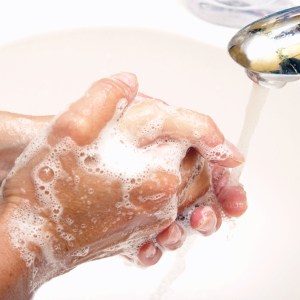 How to protect against food poisoning?
How to protect against food poisoning?
- Cover raw chicken and store at the bottom of the fridge so juices cannot drip on to other foods and contaminate them with bacteria that can cause food poisoning such as campylobacter.
- Do not wash raw chicken before cooking as this can spread germs by splashing onto other surfaces. There is no need to wash the chicken as cooking will kill any bacteria present.
- Wash and clean all utensils, chopping boards and surfaces used to prepare raw chicken.
- Wash your hands thoroughly with soap and warm water after handling raw chicken. This helps to stop the spread of campylobacter between different surfaces by your hands.
- Cook chicken thoroughly to kill any bacteria present, including campylobacter. Make sure chicken is steaming hot all the way through before serving. Cut in to the thickest part of the meat and check that it is steaming hot with no pink meat and that the juices run clear.
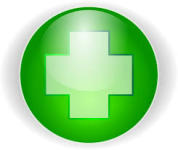 Seeking medical advice for treating campylobacter-related food poisoning is usually not necessary, as it should clear up by itself, but it is essential to drink lots of water to replace the extra fluid lost by the diarrhoea, to prevent dehydration. Some more severe cases may require giving salts and other substances to maintain the balance of these in the body, and the use of antibiotics.
Seeking medical advice for treating campylobacter-related food poisoning is usually not necessary, as it should clear up by itself, but it is essential to drink lots of water to replace the extra fluid lost by the diarrhoea, to prevent dehydration. Some more severe cases may require giving salts and other substances to maintain the balance of these in the body, and the use of antibiotics.
Most cases of food poisoning do not require medical treatment. However, you should seek medical advice if vomiting lasts more than two days, you are unable to keep liquids down for more than a day, diarrhoea that lasts for more than three days, blood in your vomit or stools or signs of severe dehydration, such as a dry mouth, sunken eyes and an inability to pass urine, or passing small amounts of dark, strong-smelling urine.
Source: Majority of supermarket chickens carry food bug – Health News – NHS Choices.
For more information of food safety training courses and qualifications, audits and inspections, get in touch on 0161 298 1040, contact me or leave a comment below.
